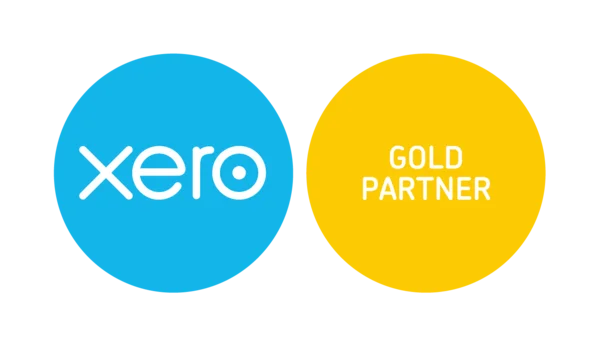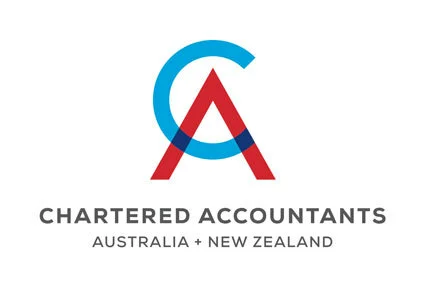Getting a Tax deduction for Investment Advice

You might think that paying for financial advice is always deductible. Not so, according to the ATO.
The ATO has released a draft tax determination on the topic of the deductibility of financial advice fees paid by individuals who are not carrying on a business.
The tax law allows deductions for financial advice fees to the extent that the loss or outgoing is incurred in gaining or producing assessable income. However, specific exclusions apply, including expenses of a capital or private nature, those incurred for non-assessable income, and those prevented by a provision of the Act.
The key issue for most individuals is whether the expenditure is of a capital nature. The term “capital nature” in tax parlance means the expense is in relation to the creation of the profit-yielding structure as compared to the income from the profit yielding structure.
So, if an investment adviser sets up your investment portfolio, this is the creation of the profit yielding structure and the ATO considers that this is of a capital nature and, therefore the expenses of taking the advice to do this are not tax deductible. Ongoing advice about the investments is considered to be deductible.
Also, if the financial adviser gives you advice about household budgeting, this is not considered to be tax deductible. The reason for this is that the expenditure on obtaining that advice is of a “private or domestic nature”, thus attracting one of the so-called “negative limbs” of the deduction section.
Just note, however, that tax advice in relation to investments is deductible. This is because there is a specific section in the tax law that gives deductions for this type of advice.







